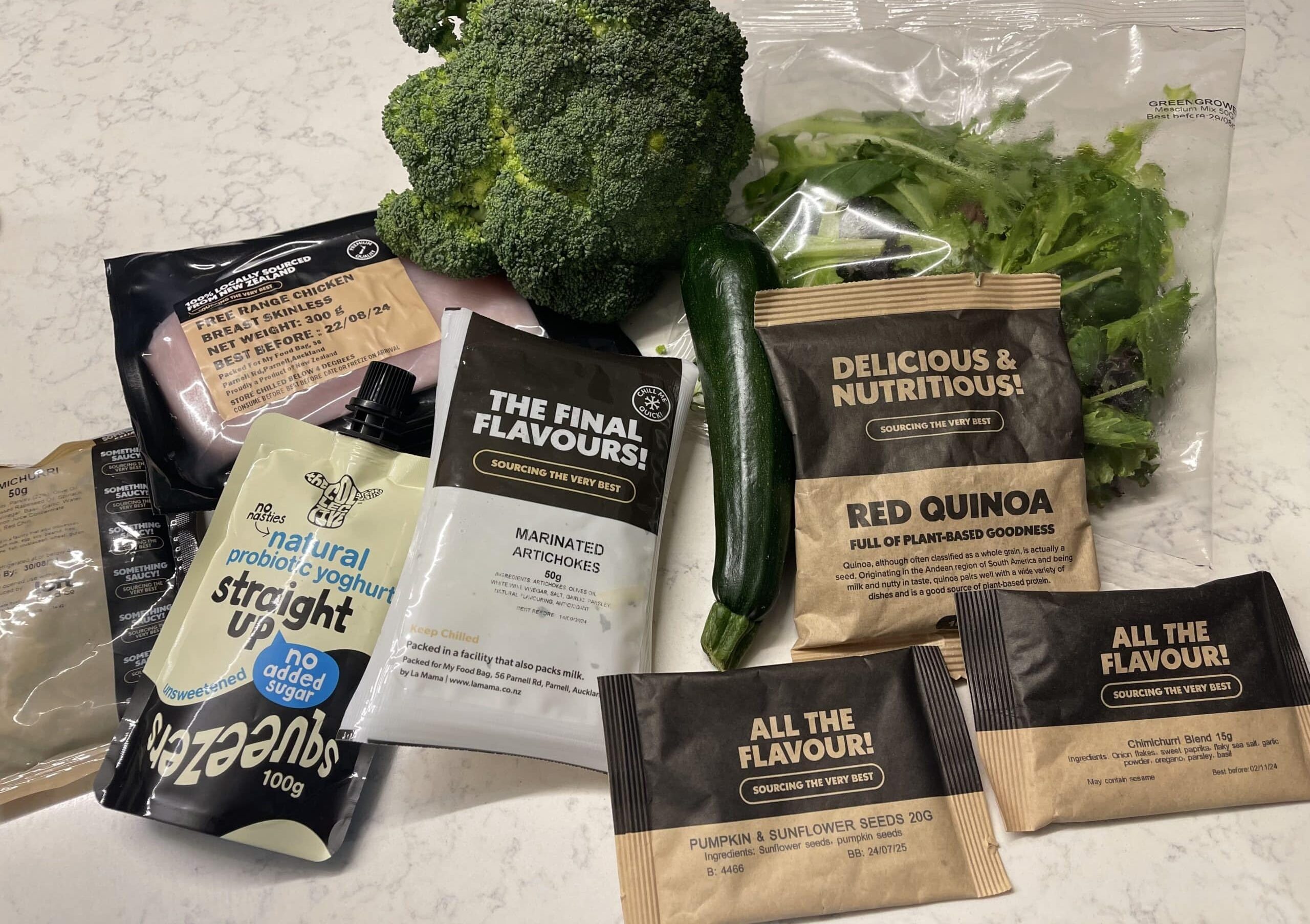5.0 Min Read…
The National Business Review, September 21, 2012.
Article by Darren Greenwood.
Transcript of article below
The PA is dead, long live the VA
Darren Greenwood
The PA is dead, long live the VA or virtual assistant.
Technology that allows remote working is fuelling a drive for office professionals to work for themselves and offer a growing range of services.
Ever rising demands for organisations to cut costs and be more flexible is another factor.
The New Zealand VA industry staged its first conference recently to highlight the role of a growing “industry” that may have several hundred members.
In New Zealand, the Vas prefer to call themselves VPs or Virtual Professionals, due to their wider range of service offerings including outsourced web design, marketing, accounts and other office-related services.
…….
The PA is dead, long live the VA or Virtual Assistant.
Technology, with its ability to allow easy home working, is driving a trend toward the VA, whose roles are becoming so diverse, that in New Zealand, they prefer to call themselves Virtual Professionals.
Last month, the industry staged its first conference in Wellington, and though just 25 attended, participants believe virtual assistants or virtual professionals are the way of the future.
Virtual assistants developed from the original home-based secretarial support services but the advent of the internet allowed more people to work remotely and the humble secretarial service evolved into “virtual assistance”, a term first coined in the mid-1990s in the US.
Since then, the constant pressure by business to cut costs has seen the development of independent contractors offering a range of outsourced secretarial and other services, including accounts, marketing and web-design.
“Having a virtual assistant allows the business owner/entrepreneur to focus on growing the business and gaining new business, doing what they do best”, said John Palmer, chief executive of the UK-based BeMyVA.com, who judged the VA awards at the Wellington conference.
Debra Clark of AdminCorp, a Kiwi company of five staff offering a full range of business support services, was its organiser.
“In New Zealand we have a more savvy culture for freelancers and small businesses so virtual professionals encompasses many services. Demand has grown over the decade and businesses are seeking virtual professionals rather than an at-home secretary or freelancers. Virtual professionals are able to offer a wider scope of expertise and knowledge and they are internet-savvy,” Ms Clark said.
Having being approached by an overseas organisation, the Wellington conference decided the wider range of work carried out by Vas here meant creating a collaborative group called Virtual Professionals was more appropriate.
Estimate of their numbers vary in New Zealand from 40 to 60 (Mr Palmer) to 400 (speculated by conference attendees). Though there are companies like AdminCorp offering such services, typically Vas are self-employed experienced office professionals, though they may also use subcontractors.
VAs also keep up to date with the latest technologies and will spend many hours at seminars or using the latest online training tools.
The rewards can be substantial. Many VAs find a satisfying variety to their work and, charging $50 an hour or so, some enjoy six-figure incomes, and employ their own VA to service their own workloads, Mr Palmer said.
Admincorp a Kiwi pioneer
Debra Clark of AdminCorp claims to have launched the first Virtual Assistant service in Canterbury nine years ago. The business tends to use the term “business productivity specialists” for its five staff but since the August conference has been calling them virtual professionals too.
AdminCorp offers document management, transcription, bookkeeping, desktop publishing, office management, office policies, customer services, etc., using software set up in cloud applications.
Ms Clark said clients enjoyed the flexibility of being able tot urn on and off demand for her services as and when they wished.
The global financial crisis boosted business but, as it eased, demand tailed off.
However, Ms Clark said fluctuating business conditions were now driving further growth.
“I believe the biggest driver in the industry is that businesses want experts now. They have a need and they want to fill it quickly and simply,” she said.
“Technology plays a big part in this as online applications provide the collaboration which enhances productivity and minimises double or even triple handling. Some applications that we use are Xero for business accounting, Google Hangouts for video meetings, Zoho for a business suite of email/calendar/contacts, projects, customer relationship management and more,” she said.
Lindsey leads the way
Among the most prominent of New Zealand’s virtual professionals are Lindsey Carroll, Marion Jackson and Justine Parsons.
Lindsey runs Outbox, which the conference declared Virtual Service Provider of the Year 2012. Outbox offers administration and web-based services for SMEs and has operated since 2006.
Ms Carroll said businesses benefited from using virtual professionals because they didn’t need to employ staff, pay related benefits, deal with their tax and so on.
Many businesses also liked the idea of making their operations seem bigger than they were and using virtual professionals in different time zones could boost productivity.
New software makes it easier for companies to share data and for virtual professionals to appear part of the company. The use of smart phones and similar mobile devices ensures easy communications, with one organisation having virtual professionals in five different countries and customers none the wiser.
Marion Jackson has run My Virtual Assistant since 2009 and was runner-up at the awards. Ms Jackson focuses on website creation and management, PowerPoint, word processing, flyers and social media.
“Because not all virtual professionals’ skills are the same, to work with more than one virtual professional is not uncommon,” she said.
But a virtual professional will be more dedicated than a staffer or office temp to help their clients as they are running their own business.
Ms Jackson advised anyone looking at becoming a VA to start working on promoting their business while they are still employed. It took her a year to gain enough clientele to gain sufficient regular work but she had not looked back since.
The use of new technology, she added, also meant it was easy to work for overseas firms, such as carrying out tasks for UK companies, receiving jobs at the end of their work day and having them completed for their next start of their working day.
Despite the touted benefits of virtual professionals, Justine Parson of Your.VA.co.nz said just 5% of New Zealand firms knew about them when she surveyed 4000 Kiwi firms in 2010. But Google references to them are increasing and now Ms Parsons has six contractors who help out when needed.
“The future is looking brilliant, both for me and the VA sector. Technology for cloud-based programs makes online collaboration very easy. Outsourcing is cost effective, tax deductible and risk free. If you don’t find a VA that suits you, then move on to another,” she said.
Customers say VAs are cost effective
Typically, virtual assistants or virtual professionals will post customer referrals on their websites.
Wayne Singleton, general manager of Jansen Professional Audio & Lighting has used Justine Parsons in place of a fulltime assistant for the past two and a half years. Ms Parsons does the bookkeeping, customer contact/debt collection and some marketing tasks, which he finds more cost effective as, though her hourly rates are higher, other expenses like holidays are covered. Ms Parsons also carries out graphic design, managing social media, customer surveys and other research tasks as needed.
Yoga Studio operator Louise Thompson has used Justine Parsons for six months, finding her more flexible than inhouse staff for newsletters and website blogs. Ms Parsons also replaced a cheaper but less competent virtual assistance service from India.
Charging by the minute meant costs are quantifiable. Having a responsive virtual assistant as part of her team had meant her yoga business had grown faster, Ms Thompson said.










Leave A Comment
You must be logged in to post a comment.